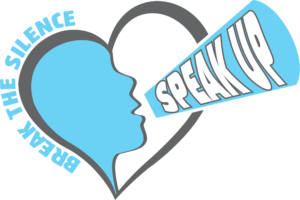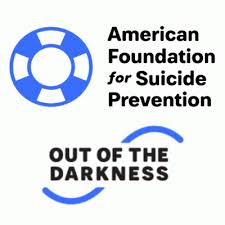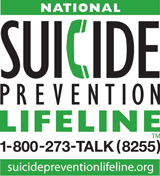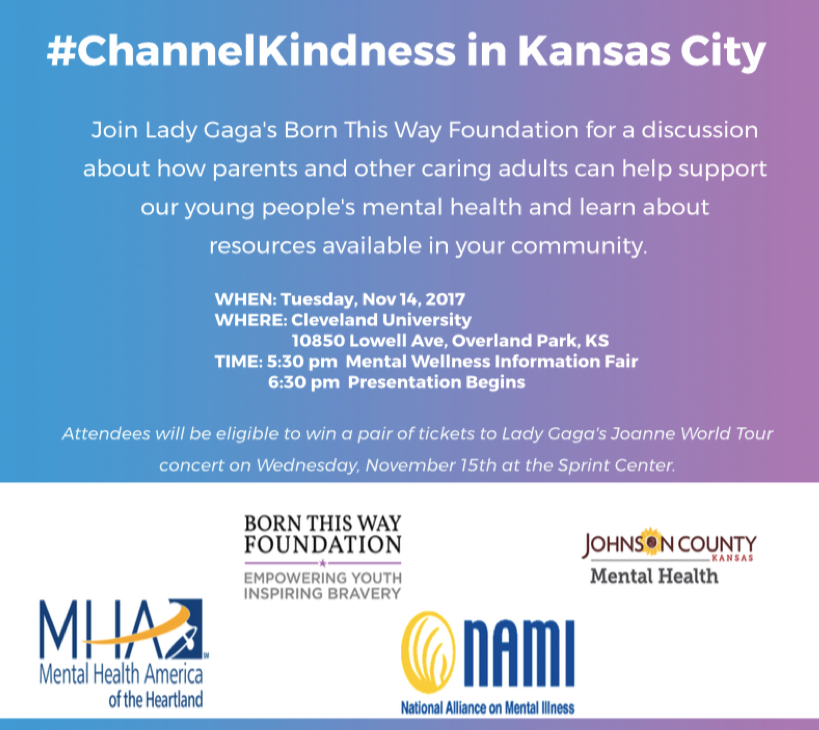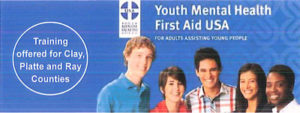
In the relentless rhythm of modern life, finding moments of peace and presence is paramount. Mindfulness, the art of living fully in the present moment, offers a pathway to tranquility amidst chaos. This guide shared below by DBSA Overland Park illuminates practices that invite mindfulness into your daily life. From cultivating gratitude and enhancing well-being through yoga to savoring every bite and embracing self-awareness, each practice is a step toward harmonizing your inner world with the outer one, leading to a more balanced, mindful life.
Cultivate Gratitude with a Daily Journal
Embrace the power of positivity by starting a gratitude journal. Make it a daily ritual to reflect and write down the things you’re thankful for. This simple yet profound practice shifts your perspective, opening your eyes to the abundance around you and fostering a heart of gratitude. Over time, this habit can transform your outlook on life, encouraging a mindset that cherishes every moment and finds joy in the smallest of blessings.
Create a Peaceful Place for Relaxation
Walking offers numerous benefits for both physical and mental health; it can improve cardiovascular health, enhance mood through the release of endorphins, and contribute to weight management by burning calories. Beyond these personal health advantages, walking fosters a deeper connection with one’s environment, promoting mindfulness and appreciation for the surrounding nature or urban landscape. Walk scores, a measure of how friendly an area is to walking, further benefit pedestrian activities by encouraging urban planning that prioritizes walkability. High walk scores indicate that amenities such as shops, parks, and public transportation are within walking distance, which not only supports a healthier lifestyle but also reduces reliance on automobiles, leading to lower carbon footprints and fostering more vibrant, community-focused neighborhoods.
Deepen Connections through Active Listening
Transform every conversation into a mindful practice by engaging in active listening. Give your undivided attention to the speaker, letting go of the urge to formulate responses while they’re still talking. This approach fosters genuine connections, deepens understanding, and cultivates a space of respect and mindfulness in your interactions. Active listening not only enriches your relationships but also nurtures a culture of empathy and attentiveness in your personal and professional life.
Savor Every Bite with Mindful Eating
Turn each meal into a mindful experience. Eat slowly, free from the distractions of screens and hurried thoughts. Pay attention to the taste, texture, and aroma of your food. Mindful eating is not just about savoring flavors; it’s about making conscious choices that nourish your body and soul. This practice encourages a healthy relationship with food and can be a stepping stone to a more attentive and appreciative approach to life’s simple pleasures.
Breathe Mindfulness into Your Day
Regular breaks throughout the day are essential for maintaining productivity and mental clarity. Taking short breaks helps to refresh the mind, allowing for increased focus and efficiency upon returning to work. An effective strategy is to work for approximately an hour and then take a 10-minute break. During these breaks, engaging in activities like going for a walk, organizing your workspace, or even taking a power nap can be particularly beneficial. These activities not only provide a mental rest but can also boost creativity and energy levels, leading to a more productive work session afterward.
Disconnect to Reconnect: Limiting Electronic Device Use
Consciously take breaks from electronic devices to reconnect with the world around you. Unplugging from the digital world is a gateway to improved sleep, reduced stress, and a deeper connection with your inner self and the people in your life. This deliberate disconnection creates space for self-reflection, creativity, and meaningful interactions, enriching your life experience beyond the screen.
Embrace Self-Awareness with Body Scan Meditation
Engage in body scan meditation to cultivate a deep awareness of your physical self. Begin at your toes and gently guide your attention through your body, observing sensations, tension, or discomfort. This practice is not just about relaxation; it’s a journey to self-awareness and mindfulness. Body scan meditation nurtures a profound connection with your body, fostering a compassionate and attentive relationship with yourself, and paving the way for holistic well-being.
Incorporating mindfulness into your daily life is not just a practice but a profound transformation. It’s about tuning into the richness of the present, appreciating life’s gifts, and fostering a deeper connection with yourself and the world around you. As you embark on this mindful journey, each breath, each moment, and each interaction becomes an opportunity to live more fully, more consciously, and more joyfully. This journey of mindfulness is an invitation to embrace life in all its fullness, finding peace and presence in life’s inevitable ebbs and flows.
This guest blog was written by Perry Johanssen of Life Trainer – Your Road to Healthier Life.
Join the supportive community at DBSA Overland Park to find hope, healing, and understanding through our support groups and resources for those affected by mood and anxiety disorders. Whether you prefer to participate or listen, our peer-led groups offer a welcoming space for everyone seeking to improve their mental health and wellness.
